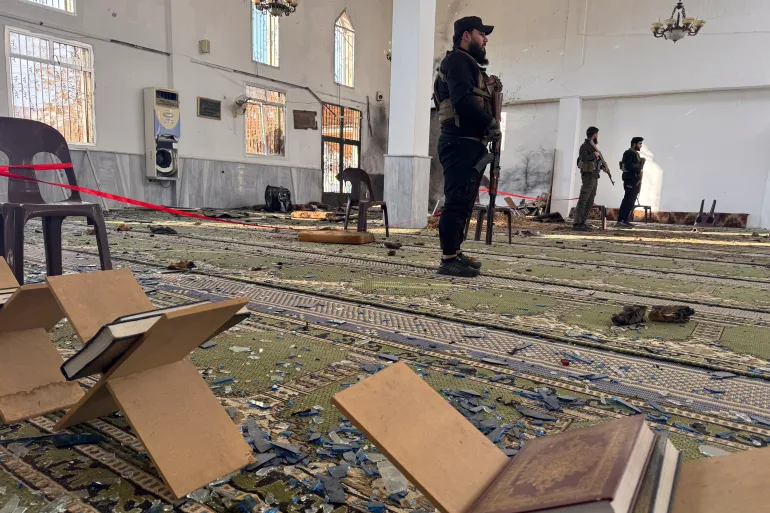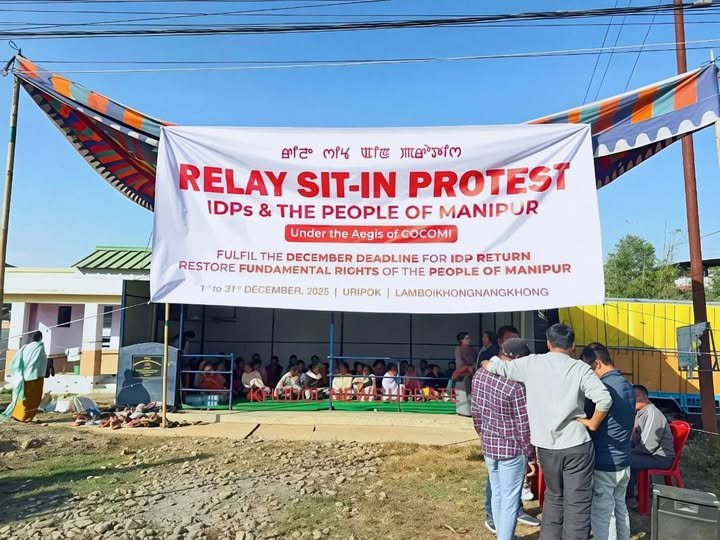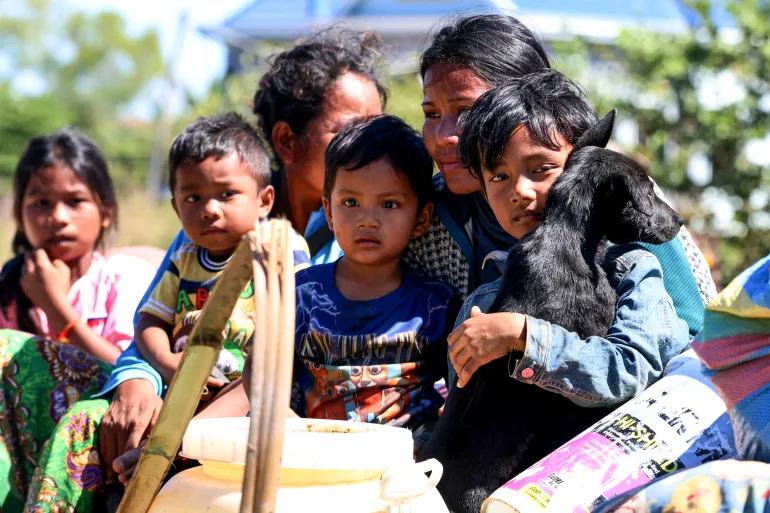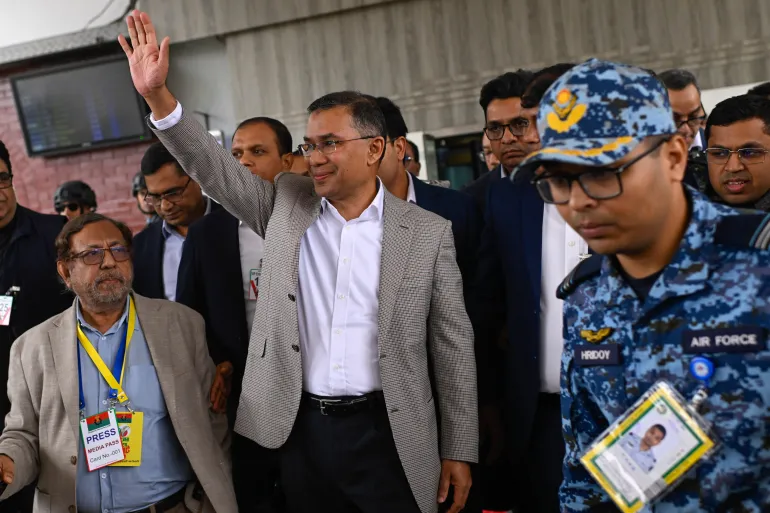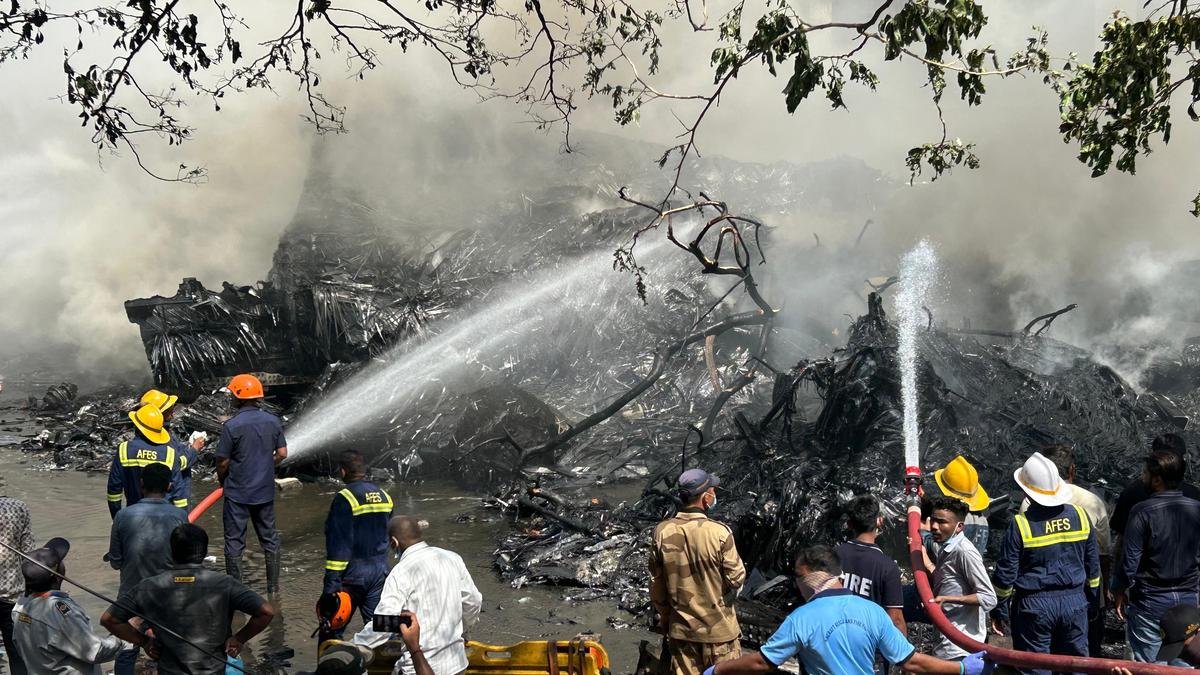NDA’s CP Radhakrishnan Elected India’s 15ᵗʰ Vice President Amid Opposition Fractures
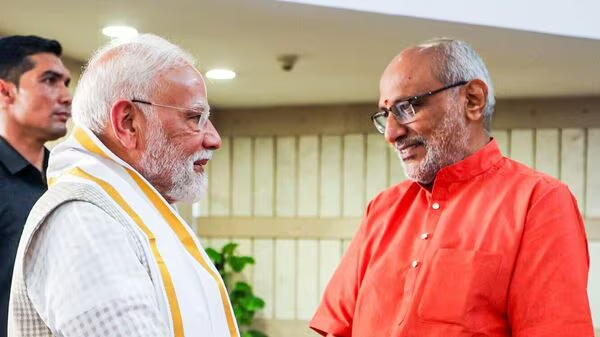
In a landmark parliamentary poll that highlighted both the strength of the ruling alliance and the challenges of the opposition, CP Radhakrishnan, the National Democratic Alliance’s (NDA) candidate and current Governor of Maharashtra, was elected as India’s 15ᵗʰ Vice President.
Radhakrishnan, a veteran BJP leader with roots in Tamil Nadu, won convincingly, securing 452 out of 752 valid votes. His opponent, Justice (Retd.) B. Sudershan Reddy, fielded by the opposition INDIA bloc, received 300 votes. The margin of victory 152 votes not only underscored the NDA’s numerical advantage in Parliament but also exposed fissures within the opposition camp.
The election witnessed an impressive voter turnout of over 96 percent, with members from both houses of Parliament casting their ballots. Radhakrishnan’s wide margin suggested instances of cross-voting, with some opposition members reportedly breaking ranks to back the NDA nominee. Analysts view this as evidence of the opposition’s inability to present a united front.
Born in Tiruppur, Tamil Nadu, in 1957, CP Radhakrishnan has built his career over decades in public service. He has served as a two-time Member of Parliament from Coimbatore, held the position of President of the BJP’s Tamil Nadu unit, and governed multiple states as Governor of Jharkhand and Maharashtra, in addition to holding interim charge in Telangana and Puducherry.
Renowned for his deep links with the Rashtriya Swayamsevak Sangh (RSS), Radhakrishnan is seen as a leader who combines ideological grounding with administrative experience. His modest lifestyle and reputation for integrity have earned him respect even beyond party lines.
As Vice President, Radhakrishnan will assume office as the Chairperson of the Rajya Sabha, responsible for presiding over debates and ensuring order in the Upper House of Parliament. The position is the second-highest constitutional office in India and also includes serving as acting President if the need arises.
While often viewed as ceremonial, the role carries significant weight in shaping parliamentary proceedings and influencing legislative debates. Given the NDA’s strong numbers, Radhakrishnan’s election is expected to further consolidate the ruling alliance’s influence in Parliament.
The INDIA bloc’s candidate, Justice Reddy, campaigned on themes of constitutional values and judicial independence. Yet, the results exposed the bloc’s weaknesses: lack of cohesion, limited reach across regional parties, and susceptibility to internal dissent.
Opposition leaders acknowledged the defeat but vowed to continue what they called an “ideological battle” against the BJP-led NDA. Still, political observers suggest that the bloc must urgently rebuild unity if it hopes to mount an effective challenge in upcoming state and national elections.
Radhakrishnan’s election is more than a personal victory. It represents the NDA’s ability to expand its footprint beyond the Hindi heartland into southern India, signaling an inclusive outreach strategy. It also reflects the BJP’s long-term investment in grooming leaders from diverse regions to occupy constitutional roles of national importance.
For the opposition, meanwhile, the outcome is a sobering reminder of the road ahead. Despite forming alliances under the INDIA banner, cracks in discipline and coordination continue to weaken its challenge to the ruling alliance.
With Radhakrishnan set to take charge, expectations are high that he will bring his blend of administrative experience, political maturity, and southern representation to the Rajya Sabha chair. His victory strengthens the NDA’s institutional presence and signals stability for the government as it navigates contentious debates on economic, social, and foreign policy.
At the same time, the results underline a crucial reality of Indian politics in 2025: while the ruling coalition appears firmly in control, the opposition must urgently resolve its internal divisions if it wishes to remain a credible counterweight in the years ahead.
Radhakrishnan, a veteran BJP leader with roots in Tamil Nadu, won convincingly, securing 452 out of 752 valid votes. His opponent, Justice (Retd.) B. Sudershan Reddy, fielded by the opposition INDIA bloc, received 300 votes. The margin of victory 152 votes not only underscored the NDA’s numerical advantage in Parliament but also exposed fissures within the opposition camp.
The election witnessed an impressive voter turnout of over 96 percent, with members from both houses of Parliament casting their ballots. Radhakrishnan’s wide margin suggested instances of cross-voting, with some opposition members reportedly breaking ranks to back the NDA nominee. Analysts view this as evidence of the opposition’s inability to present a united front.
Born in Tiruppur, Tamil Nadu, in 1957, CP Radhakrishnan has built his career over decades in public service. He has served as a two-time Member of Parliament from Coimbatore, held the position of President of the BJP’s Tamil Nadu unit, and governed multiple states as Governor of Jharkhand and Maharashtra, in addition to holding interim charge in Telangana and Puducherry.
Renowned for his deep links with the Rashtriya Swayamsevak Sangh (RSS), Radhakrishnan is seen as a leader who combines ideological grounding with administrative experience. His modest lifestyle and reputation for integrity have earned him respect even beyond party lines.
As Vice President, Radhakrishnan will assume office as the Chairperson of the Rajya Sabha, responsible for presiding over debates and ensuring order in the Upper House of Parliament. The position is the second-highest constitutional office in India and also includes serving as acting President if the need arises.
While often viewed as ceremonial, the role carries significant weight in shaping parliamentary proceedings and influencing legislative debates. Given the NDA’s strong numbers, Radhakrishnan’s election is expected to further consolidate the ruling alliance’s influence in Parliament.
The INDIA bloc’s candidate, Justice Reddy, campaigned on themes of constitutional values and judicial independence. Yet, the results exposed the bloc’s weaknesses: lack of cohesion, limited reach across regional parties, and susceptibility to internal dissent.
Opposition leaders acknowledged the defeat but vowed to continue what they called an “ideological battle” against the BJP-led NDA. Still, political observers suggest that the bloc must urgently rebuild unity if it hopes to mount an effective challenge in upcoming state and national elections.
Radhakrishnan’s election is more than a personal victory. It represents the NDA’s ability to expand its footprint beyond the Hindi heartland into southern India, signaling an inclusive outreach strategy. It also reflects the BJP’s long-term investment in grooming leaders from diverse regions to occupy constitutional roles of national importance.
For the opposition, meanwhile, the outcome is a sobering reminder of the road ahead. Despite forming alliances under the INDIA banner, cracks in discipline and coordination continue to weaken its challenge to the ruling alliance.
With Radhakrishnan set to take charge, expectations are high that he will bring his blend of administrative experience, political maturity, and southern representation to the Rajya Sabha chair. His victory strengthens the NDA’s institutional presence and signals stability for the government as it navigates contentious debates on economic, social, and foreign policy.
At the same time, the results underline a crucial reality of Indian politics in 2025: while the ruling coalition appears firmly in control, the opposition must urgently resolve its internal divisions if it wishes to remain a credible counterweight in the years ahead.
